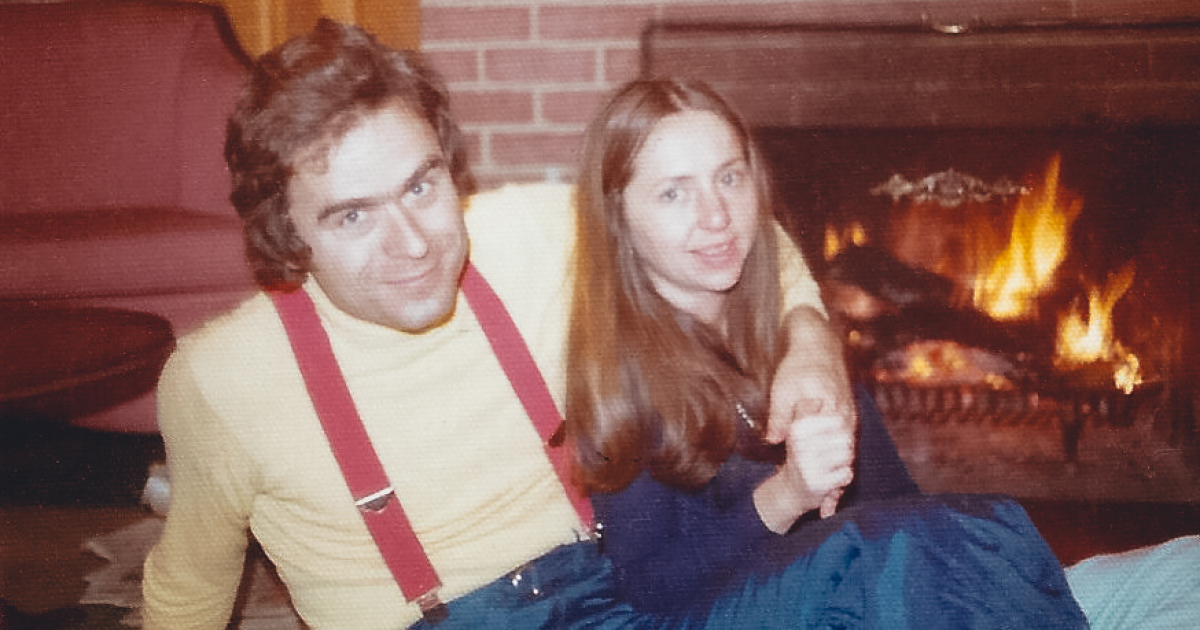At long last, we may go back to the first subtitle of your post (a€?looking ham and sieving spama€?) and consume the venatic beginnings of meaning. Or, with regards to the foregoing groups: our very own ancestors (qua agents) happened to be sieved on the basis of their ability to correctly infer pets (qua sorts) from their songs (qua indicator).
My personal interest would be that, within exact same article, Ginzburg defined the task in the ways historian Morelli, exactly who created a technique for connecting unattributed artworks to outdated experts: in place of looking at essential themes as evidence of authorship (an essential index-kind relationship), the guy started concentrating on small facts, such as the types of ears, that he considered comprise very likely to become unconsciously driven, therefore not susceptible to proper control. in terms of the foregoing classes, Morelli was actually involved with ontological transform-ativity associated with 4th sort. He changed the very research scholarly representatives look out for in their particular tries to infer authorship and thus inaugurated a small revolution in art background.
Crucially, for Ginzburg, Morelli was a precursor to Freud, who performed anything close: animated interest from direct message and mindful thought as relatively clear representations of common beliefs and needs, to ambitions and neurosis as proof unconscious and unwanted desires (a particularly crucial types of projected tendency). He not just launched an innovative new form of interpretive agent (the expert) but his messages taught years of these agents accomplish such investigations (their medical authorship are, in a number of good sense, similar to the meteorite screen). Finally, we might create Erving Goffman to this list: the guy released the interactional purchase, constituted by a hurly-burly of highly contextually contingent, momentary, and involuntary motions; in which he introduced an innovative new pair of manner (animators, writers, axioms, ratified and unratified bystanders, etc.) that have been uncovered in and consequential to this type of discussion. In short, one reason students including Freud and Goffman are incredibly important would be that they made relatively huge treatments at level of transform-ativity no. 4 (with enormous consequences your more methods of transformativity nicely). 23
Which, insofar as you is good at judging from a pet’s  songs where its going, how defectively truly wounded, how big it is, and what kind of pet it may be, you’re best at securing snacks (and making certain that a person doesn’t become delicacies)
songs where its going, how defectively truly wounded, how big it is, and what kind of pet it may be, you’re best at securing snacks (and making certain that a person doesn’t become delicacies)
Ultimately, and possibly of course, ethnography in its more bold undertakings (so when developed from the most beginnings) has been concerning uncomfortably transformative mediated immediacy of the experience, an experience designed-however typically it’s redirected from that end-to deliver united states one-step nearer to an other’s ontologized world (or worlded ontology) and one step more from our own-be that various other an interpreting peoples or a sieving equipment, a parasite or a meteorite, Maxwell’s devil or Bayes’ formula.
The historian Carlo Ginzburg (1989) captivated the theory our tendency to learn evidence have the origins inside the prerequisite of monitoring pets
a reduced form of this information is presented in the yearly group meetings regarding the American Anthropological Association in 2011, and longer forms were introduced in 2013 on the Anthropology divisions at the University of Pennsylvania, Yale University, the CUNY Graduate heart, Brown University, Bard university, while the University of Colorado at Austin. Throughout these online forums, plus some other important places, We got specifically transformative responses, criticisms, and inquiries from Richard Bribiescas, Joseph Errington, Asif Agha, Greg metropolitan, Paja Faudree, Neni Panourgia, Catherine Lutz, Magnus Pharao Hansen, Utpal Sandesara, Miki Makihara, John Collins, Robert Frank, Jeff Maskovsky, Abou Farman, Laura Kunreuther, Erik Harms, John Hartigan, Elizabeth Keating, Tony Webster, Samuel Baker, Pauline stiff, Gary Tomlinson, Circe Sturm, and Danny legislation. Nick Enfield and Julia Elyachar supported this venture in a variety of guises since the beginning. Giovanni da Col was specifically useful as a reviewer, publisher, and interpreter. And expenses Maurer, inside the character as a subsequently unmasked customer, offered two incredibly helpfully and vital feedback for this paper, changing it from top to bottom. Thank you so much.
